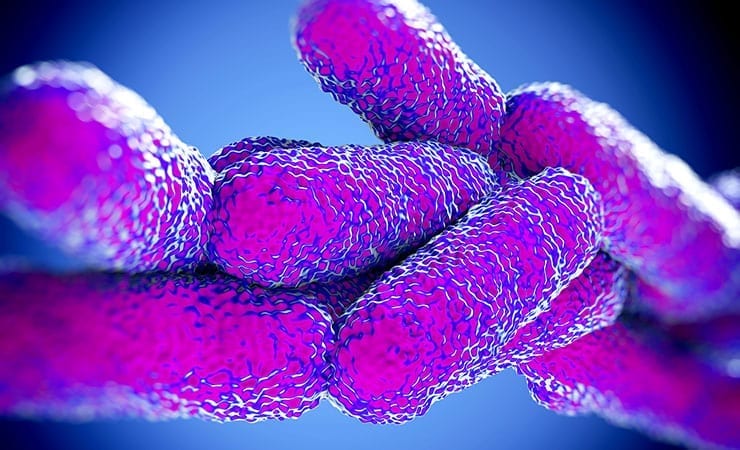Bruker today announced that it has received 510(k) clearance from the US Food and Drug Administration for library and methods expansion for the MALDI Biotyper CA System, sold in the U.S. for clinical microbiology.
The recent clearance adds 170 species and species groups, representing 180 clinically-relevant species of aerobic Gram positive, fastidious Gram negatives, Enterobacteriaceae, anaerobic bacteria and yeasts. In addition, customers will have additional specimen preparation options to further optimize workflows.
In November 2013, Bruker received FDA 510(k) clearance for a first claim for the MALDI Biotyper CA System, an IVD solution, which included Bruker’s MALDI Biotyper instrumentation; software; a library of 40 aerobic Gram negative bacterial species or species groups, covering 100 clinically relevant species; in vitro diagnostic reagents; and standard operating procedures.
As a result of the latest clearance, the MALDI Biotyper CA System can now in total identify 210 species or species groups, covering 280 clinically relevant bacteria and yeast species, and representing more than 98% of the typical bacterial identification workflow of clinical microbiology laboratories.
As part of its continued, recent clinical trials, Bruker had submitted data from multi-center studies to the FDA, consisting of more than 10,000 spectra. Results generated by the MALDI Biotyper CA System were compared to 16s rRNA molecular sequencing for bacteria and ITS sequencing for yeasts. This was supplemented by protein gene sequencing, which showed that 98.9% of the isolates tested have resulted in correct identifications to the genus or species level, with only 0.9% of isolates unable to be identified.
“The MALDI Biotyper has changed the paradigm of bacterial identification worldwide due to its dramatically faster time-to-result, exceptional identification performance, ease of use, cost effectiveness and robust, compact instrumentation,” said Frank H. Laukien, Ph.D., President and CEO of Bruker Corporation. “This latest clearance allows an even larger segment of US hospitals and clinical microbiology laboratories to adopt this revolutionary technology for serving their infectious disease physicians and patients, and opens the door for making it the new standard of care.”
Some MALDI BioTyper CA identification results displayed are non-clinically validated organisms. These results are displayed in the MALDI Biotyper CA report in the interest of public health as a means of directing the required additional laboratory testing.
Source: Bruker press release, adapted.



